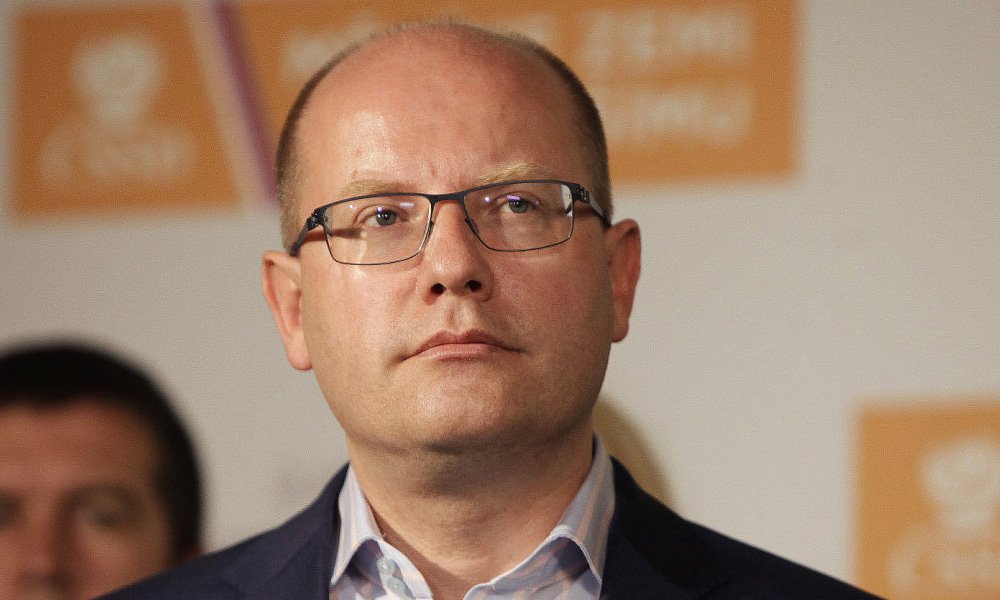Czech billionaire businessperson Andrej Babis was on course on Saturday for a big win in a parliamentary election, projections showed, ushering his ANO party to power to cut taxes, lift investments and fight immigration.
Babis’s ANO movement was seen winning 29.7 percent of the vote - more than twice any other party’s showing.
It would be the first group to break quarter a century of dominance by two mainstream center-right and center-left parties, highlighting a shifting political landscape in Europe where an influx of refugees have given rise to protest groups.

At 7.2 percent, the ruling Social Democrats of Prime Minister Bohuslav Sobotka (photo) were on course for their worst result since the country peacefully split with Slovakia in 1993.
The Czech economy has enjoyed rapid growth, a balanced budget and the lowest unemployment in the European Union in the past four years, but the Social Democrats - who led a government with ANO and another partner - have not been able to capitalise on the country’s economic advantages.
Instead, ANO and other anti-establishment groups took advantage of voters’ disgust with politics as usual by promising to weed out corruption, fight deeper European Union integration and stop the country from accepting quotas for taking in refugees imposed by Brussels.
Babis himself has promised to bring a businessperson’s touch to government, resonating with voters.
Result projections, modeled on actual voting results with 58.6 percent of voting stations reporting, showed the center-right Civic Democrats to be the second strongest party, with 11.4 percent of the vote. Eight parties in all would win seats.
The Social Democrats or the Civic Democrats have led every Czech cabinet since Czechoslovakia split, apart from caretaker administrations.
Rising Euroscepticism
Babis has taken a tough line against further EU integration, accepting refugees and adoption of the euro, raising the prospect he may join Hungary and Poland on a collision course with the bloc.
His swipes at Brussels play well with eurosceptic Czechs. However, Babis also praises EU membership and doesn’t share the relatively illiberal ideology seen in governments in Budapest and Warsaw.

Babis (photo) has maintained his popularity despite accusations of conflicts of interest related to his food, chemical and agriculture business holdings, which were placed in a trust earlier this year.
Concerns about Babis mainly center on his strong managerial style and vast business and media influence that would be amplified by him becoming prime minister.
He also faces police charges that he illegally received a two-million euro EU subsidy when he ran his empire, before entering politics. He has denied wrongdoing, saying the charges were a plot by opponents keen to push him out of politics.
“The more people organize campaigns against him the more it helps him among others,” said ANO voter Alena Chlostova.
Coalition talks are likely to take weeks.
If talks with mainstream parties fail, there is also the possibility ANO may form a cabinet with backing from the Communists and the far-right, anti-EU Freedom and Direct Democracy (SDP) party.
Czech President Milos Zeman has said he would allow a month for negotiations before calling a new parliament, the trigger for the current administration to depart. By custom, he asks someone to lead talks before appointing a prime minister.
He told online news website parlamentnilisty.cz he would not object to Babis forming a government even while battling police charges. He also said he would have no objections to talks involving SDP or the Communists.
- Reuters

